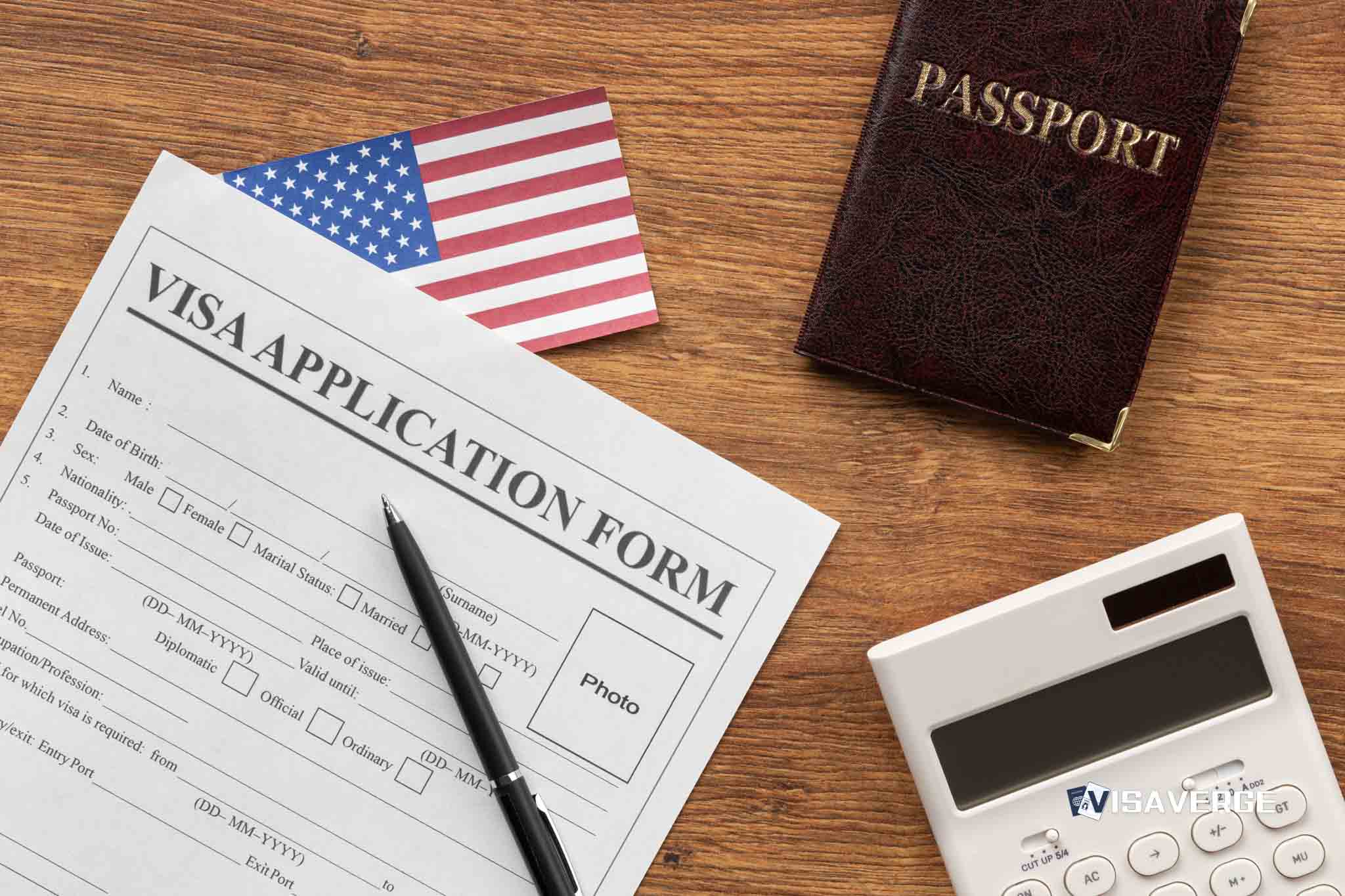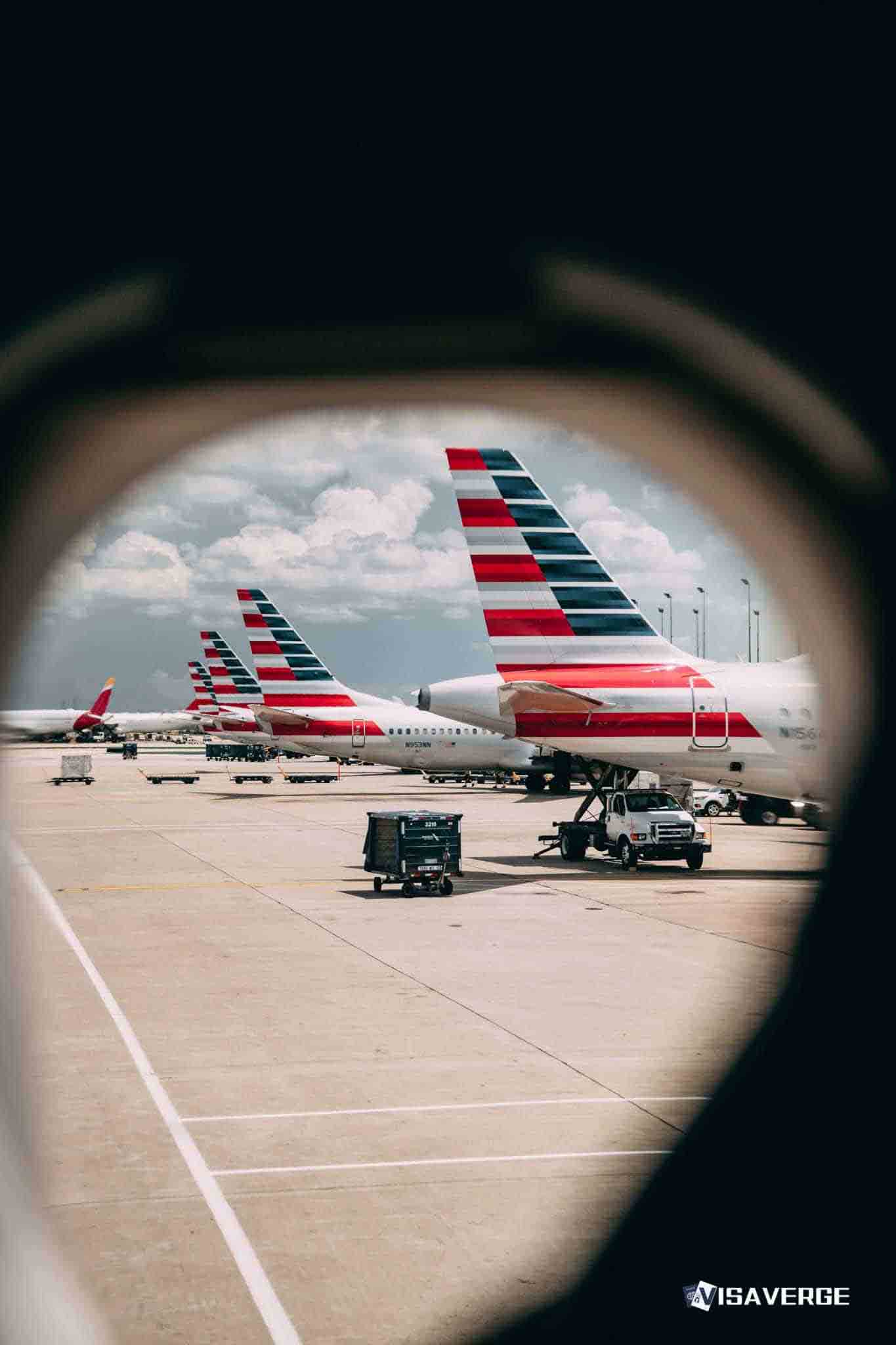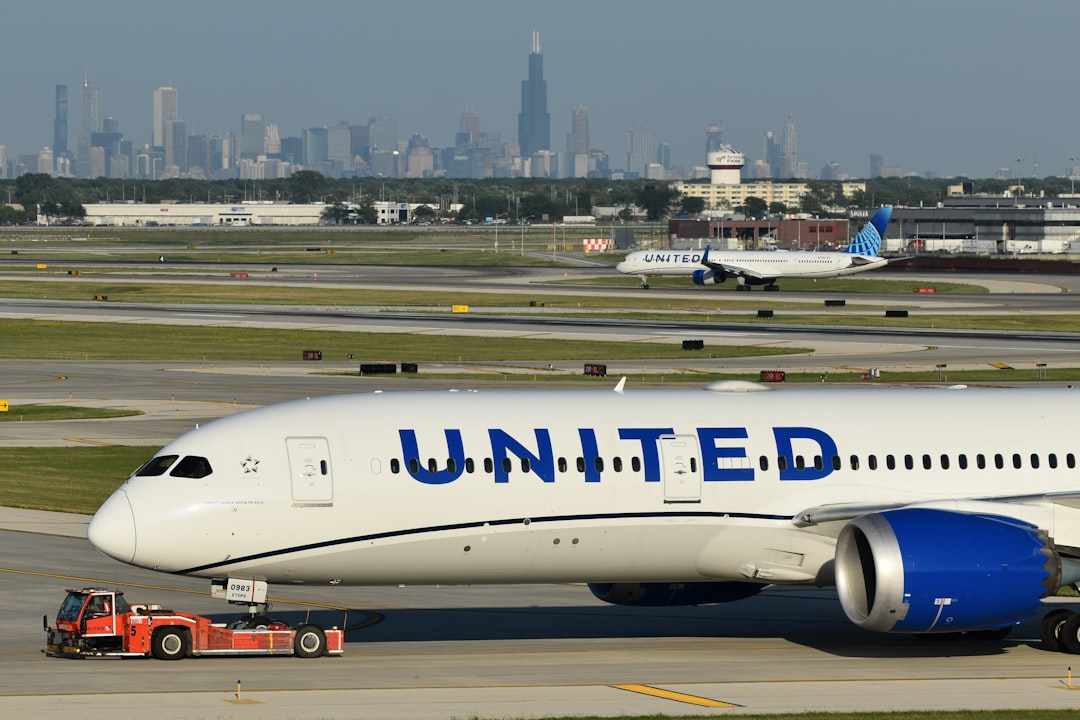Key Takeaways
• June 9, 2025, travel ban restricts entry from 19 countries, including Afghanistan.
• Afghan Special Immigrant Visa holders are explicitly exempt from the ban.
• Ban targets national security, high visa overstays, and poor deportation cooperation.
On June 4, 2025, President Trump signed a new travel ban that restricts or limits entry to the United States 🇺🇸 for nationals from 19 countries, including Afghanistan 🇦🇫. The policy, which takes effect on June 9, 2025, is one of the most sweeping immigration actions in recent years. It aims to address national security concerns, identity verification problems, high visa overstay rates, and a lack of cooperation from certain countries on deportations. However, in a critical move, the United States 🇺🇸 has explicitly exempted Special Immigrant Visa (SIV) holders from Afghanistan—those who assisted U.S. forces—from this travel ban. This exemption reaffirms the U.S. commitment to Afghan allies, even as broader restrictions take hold.
This article explains what the new travel ban means, who is affected, why Afghan SIV holders are exempt, and what practical steps SIV applicants should follow. It also looks at the background of the policy, reactions from different groups, and what might happen next.

What Is the June 2025 Travel Ban?
Who: Nationals from 19 countries, including Afghanistan 🇦🇫, are affected.
What: Entry to the United States 🇺🇸 is suspended or limited for most people from these countries.
When: The ban was signed on June 4, 2025, and takes effect on June 9, 2025.
Where: The policy applies to entry into the United States 🇺🇸.
Why: The government cites national security, public safety, problems with identity verification, high visa overstay rates, and poor cooperation with deportations as reasons.
How: The ban is enacted under Section 212(f) of the Immigration and Nationality Act (INA), which gives the president broad power to restrict entry to the United States 🇺🇸.
Who Is Exempt from the Ban?
While the travel ban is broad, it includes several important exemptions. Afghan SIV holders are specifically exempted. This means that Afghans who worked with U.S. forces and qualify for the Special Immigrant Visa can still apply for, receive, and use their visas to enter the United States 🇺🇸.
Other groups exempt from the ban include:
- Lawful permanent residents (green card holders)
- Existing visa holders (people who already have a valid U.S. visa)
- Dual nationals (if traveling on a passport from a non-banned country)
- Athletes and support staff for major sporting events
- Diplomats
- Immediate family members of U.S. citizens
- Certain adoption cases
- Some immigrant visa applicants from persecuted minorities in Iran 🇮🇷
These exemptions are designed to avoid separating families, harming U.S. interests, or breaking international commitments.
Why Are Afghan SIV Holders Exempt?
The Special Immigrant Visa program for Afghans was created to protect people who helped U.S. forces during the war in Afghanistan 🇦🇫. Many of these individuals served as interpreters, guides, or in other support roles, often at great personal risk. The U.S. government has long promised to help these allies and their families find safety in the United States 🇺🇸.
By exempting Afghan SIV holders from the travel ban, the United States 🇺🇸 is keeping its promise to these individuals. This move is widely seen as a sign of respect and gratitude for their service and sacrifice. It also sends a message to future allies that the United States 🇺🇸 stands by its commitments.
How Does the Ban Affect Other Afghan Nationals?
While Afghan SIV holders are protected, other Afghan nationals face a full suspension of entry to the United States 🇺🇸 as both immigrants and nonimmigrants. This means that unless they qualify for another exemption, most Afghans cannot enter the United States 🇺🇸 for work, study, tourism, or family visits while the ban is in effect.
This restriction could separate families, disrupt education and career plans, and create uncertainty for many people. Immigration advocacy groups have voiced strong concerns about these impacts, calling the ban overly broad and discriminatory.
Step-by-Step: What Should Afghan SIV Holders Do?
If you are an Afghan SIV holder or applicant, here’s what you need to know:
- Application Submission:
Continue to submit your Special Immigrant Visa application through the regular process. The travel ban does not change how you apply. You can find official instructions and forms on the U.S. Department of State SIV Program page. -
Exemption Verification:
U.S. consular officers will check your SIV status. If you qualify, you are exempt from the travel ban. Make sure you have all required documents to prove your eligibility. -
Visa Issuance:
If your application is approved, you will receive your Special Immigrant Visa. The travel ban does not stop the U.S. government from issuing SIVs to eligible Afghans. -
Travel Arrangements:
Once you have your visa, you can make travel plans to the United States 🇺🇸 as usual. There are no extra restrictions for SIV holders under the new ban.
If you have questions about your case, contact the U.S. embassy or consulate handling your application.
Legal Basis and Policy Details
The travel ban is based on Section 212(f) of the Immigration and Nationality Act (INA). This law gives the president the power to suspend entry of any group of non-citizens if their entry is seen as harmful to the interests of the United States 🇺🇸. President Trump used this authority to sign the new proclamation on June 4, 2025.
The policy is more detailed than previous bans, with clear justifications and a list of specific exemptions. According to analysis by VisaVerge.com, this careful approach may help the ban survive legal challenges that affected earlier versions.
Background: How Did We Get Here?
This is not the first time the United States 🇺🇸 has used a travel ban. In 2017, a similar policy—often called the “Muslim ban”—was put in place, also under INA Section 212(f). That ban faced many court challenges and was changed several times before being upheld by the Supreme Court.
The 2025 travel ban follows the same legal path but includes more details and more exemptions. The government says this is to address past legal problems and to show that the policy is based on national security, not discrimination.
The Special Immigrant Visa program for Afghans has existed for years. It was created to help those who risked their lives to support U.S. missions in Afghanistan 🇦🇫. The program has always been a symbol of America’s promise to its allies.
Reactions from Stakeholders
Government Officials
President Trump and White House officials say the ban is needed to protect the United States 🇺🇸 from security threats. They point to recent incidents, such as the Colorado attack, and say some countries do not cooperate with U.S. deportation efforts or have high visa overstay rates. However, some critics note that not all countries linked to recent attacks are on the banned list.
The Department of State and Department of Homeland Security are in charge of putting the ban into action and making sure exemptions, like those for SIV holders, are respected.
Immigration Advocacy Groups
Many advocacy groups strongly oppose the travel ban. They argue that it is too broad, unfairly targets certain countries, and could separate families or harm innocent people. However, these groups also say the SIV exemption is a positive step that protects Afghan allies who served alongside U.S. forces.
Legal Experts
Legal experts say the new ban is more likely to survive court challenges because it is more detailed and includes clear reasons and exemptions. They point out that using INA Section 212(f) gives the president wide authority, but courts will still look at whether the policy is fair and reasonable.
Affected Individuals
For Afghan SIV holders and their families, the exemption brings relief and hope. Many have waited years for a chance to come to the United States 🇺🇸. For other Afghan nationals, the ban creates new barriers and uncertainty about the future.
What Does This Mean for Visa Processing?
The travel ban is expected to slow down or complicate visa processing for people from the 19 affected countries. However, for Afghan SIV holders and other exempt groups, the process should continue as usual. There may still be delays due to high demand or security checks, but the ban itself does not add extra steps for SIV applicants.
If you are applying for a different type of visa and are not exempt, you may face a suspension of your application or be unable to travel to the United States 🇺🇸 while the ban is in effect.
Common Questions
Who is exempt from the travel ban?
Afghan SIV holders, green card holders, people with existing visas, dual nationals (if using a non-banned passport), athletes and support staff for major events, diplomats, immediate family members of U.S. citizens, certain adoption cases, and some persecuted minorities from Iran 🇮🇷.
How does the ban affect SIV holders?
SIV holders are exempt and can continue to apply for and receive visas.
What is the legal basis for the ban?
INA Section 212(f) and a Presidential Proclamation.
Are legal challenges expected?
Yes, but the policy’s details and exemptions may make it harder to overturn in court.
Implications for Stakeholders
For Afghan SIV Holders
- Continued Access: You can still apply for and receive a Special Immigrant Visa.
- No Extra Restrictions: The travel ban does not add new barriers for SIV holders.
- Family Members: Immediate family members included in your SIV application are also exempt.
For Other Afghan Nationals
- Entry Suspended: Most other Afghans cannot enter the United States 🇺🇸 unless they qualify for another exemption.
- Uncertainty: The ban may separate families and disrupt lives.
For Employers and U.S. Sponsors
- Hiring Impact: If you are sponsoring an Afghan SIV holder, the process continues as before.
- Other Employees: Hiring from the affected countries may be delayed or blocked.
For Advocacy Groups
- Legal Action: Many groups are preparing to challenge the ban in court.
- Support for SIVs: Advocates continue to push for strong protections for Afghan allies.
Looking Ahead: What’s Next?
Legal Challenges:
Advocacy groups are likely to file lawsuits against the travel ban. However, because the policy is more detailed and includes clear exemptions, it may be harder to overturn than past bans.
Policy Changes:
The administration may update the list of banned countries or change exemptions based on new security information or diplomatic talks.
SIV Program:
The exemption for Afghan SIV holders is expected to stay in place, keeping the door open for those who helped U.S. forces.
Visa Processing:
Processing for SIVs and other exempt groups should continue, but applicants should stay in touch with the U.S. embassy or consulate for updates.
Where to Find More Information
- Official SIV Program Details: U.S. Department of State – SIV Program
- Presidential Proclamation Text: White House Proclamation
- Department of Homeland Security: DHS Official Website
Final Takeaways
The June 2025 travel ban marks a major shift in U.S. immigration policy, affecting millions of people from 19 countries. While the ban is strict, the exemption for Afghan Special Immigrant Visa holders stands out as a sign of America’s ongoing commitment to its allies. SIV holders can continue their journey to safety in the United States 🇺🇸, while others face new hurdles.
If you are an Afghan SIV applicant, keep following the regular process and stay in contact with U.S. officials. For others affected by the ban, check if you qualify for an exemption and seek legal advice if needed.
As reported by VisaVerge.com, the situation may change as legal challenges and policy updates unfold. Stay informed by checking official government websites and trusted news sources for the latest updates on the travel ban and SIV program.
Learn Today
Travel Ban → A government order restricting entry to specific nationals for security or policy reasons.
Special Immigrant Visa (SIV) → A visa program protecting foreign allies who assisted U.S. forces in Afghanistan.
INA Section 212(f) → A legal provision allowing the president to suspend entry of certain non-citizens.
Visa Overstay → Remaining in the U.S. beyond the authorized period allowed by a visa.
Exemption → An official exception allowing some individuals to avoid restrictions or bans.
This Article in a Nutshell
On June 9, 2025, the U.S. enforces a travel ban on 19 countries, exempting Afghan Special Immigrant Visa holders. This move protects allies while addressing security concerns, visa overstays, and deportation cooperation failures, profoundly impacting immigration policy and affected individuals’ futures.
— By VisaVerge.com













